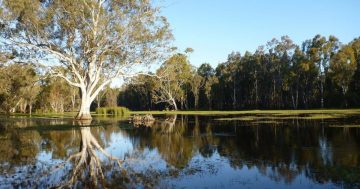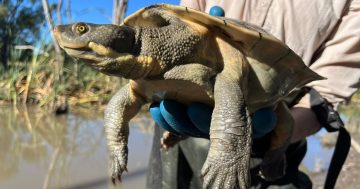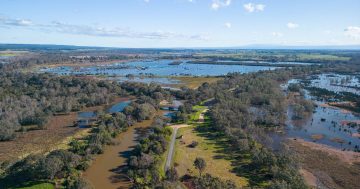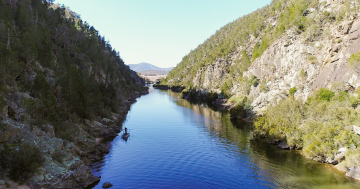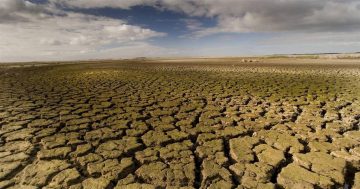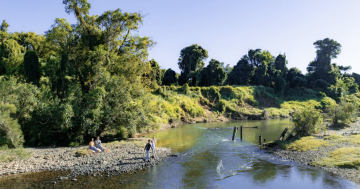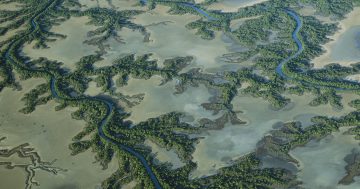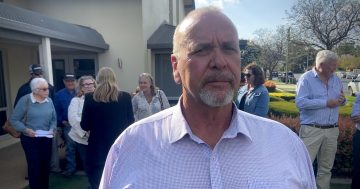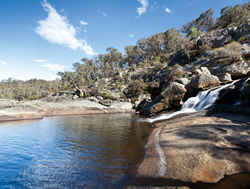 The National Parks and Wildlife Service (NPWS) marked World Rivers Day last week (24 September) by reflecting on the special significance of rivers to Aboriginal people in New South Wales.
The National Parks and Wildlife Service (NPWS) marked World Rivers Day last week (24 September) by reflecting on the special significance of rivers to Aboriginal people in New South Wales.
The Service said this significance was being recognised through the recently launched Reconnecting River Country Program which aimed to get more water into the wetlands, creeks and branches of the Murray and Murrumbidgee river systems.
“The program is led by the Department of Planning Industry and Environment Water with project partners the Environment Energy and Science Group of the Department of Planning Industry and Environment and Local Land Services,” NPWS said.
“Understanding the benefits and impacts of relaxing constraints in the river system to Aboriginal people’s values is a key part of the program,” it said.
“For example, more water into adjacent billabongs supports healthier Country and more opportunities for cultural activities however, changed flow regimes can also alter erosion rates and may impact on Aboriginal heritage assets and other important values”
NPWS said its Cultural Science team was contributing to the Program by assisting Aboriginal communities to develop their own methodologies for describing and communicating their interests in flow constraint relaxation, so these could be effectively represented in a business case to the Australian Government.
The Service said deciding what data to collect and how to represent them in a way that kept First Nations knowledge and aspirations protected and at the centre of the process presented a challenge for the Program.
“Addressing that challenge is an example of how Cultural Science team finds ways to help and problem solve to better enable outcomes for Aboriginal people and their objectives for landscape and waterways management, and to support cultural rejuvenation and self-determination as part of that process,” it said.
Further information on the Program can be accessed at this PS News link.


